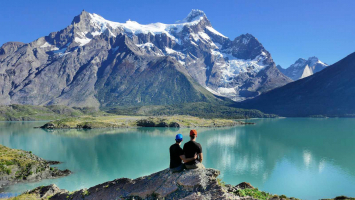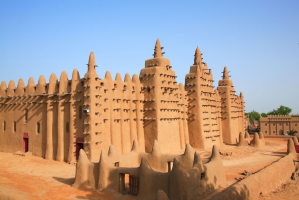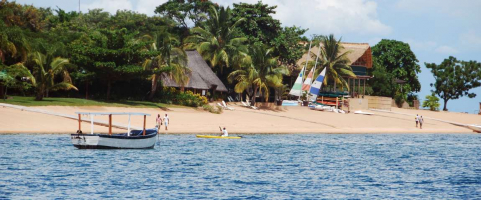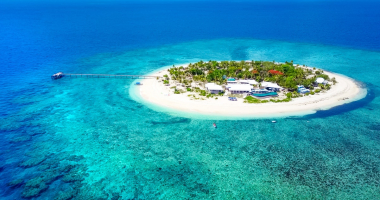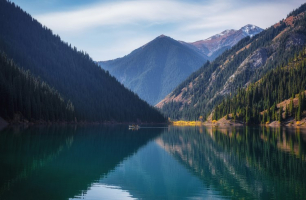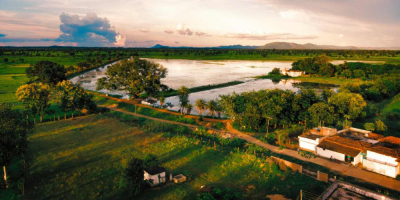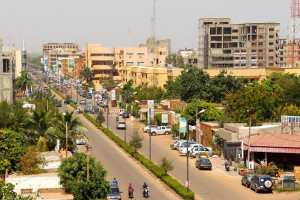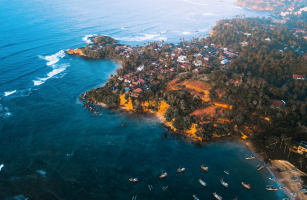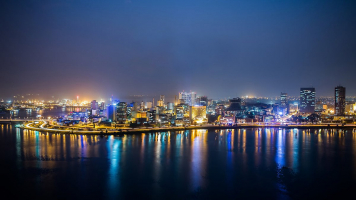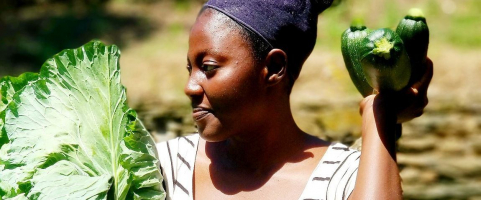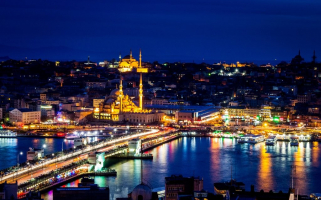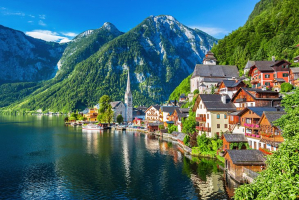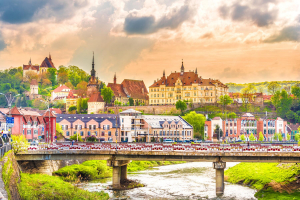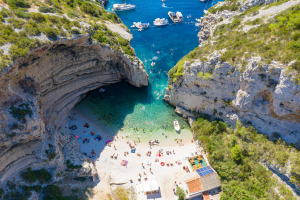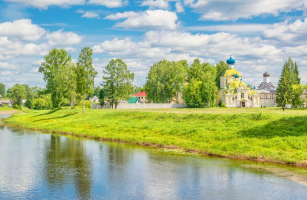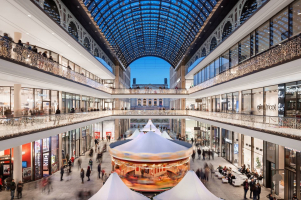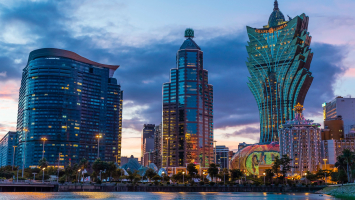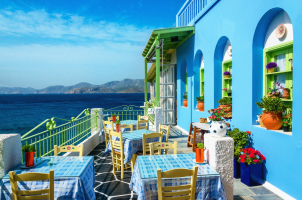Top 9 Things About Niger You Should Know Before Travelling
Traveling to Africa is exciting enough, but arranging a trip to Niger is even more exciting. Many people are unaware of Niger's location and frequently confuse ... read more...it with Nigeria. Toplist has provided the things about Niger you should know before travelling. But first and foremost, why is traveling to Niger safe, and even more importantly, why should you do it? Ready to begin?
-
Niger and Nigeria are both named for the majestic Niger River. The origin of the river's name is unknown. It is a unique and significant river for both countries. After the Nile and the Congo, the Niger is Africa's third largest river. The name Niger has the Biblical meaning of "black." The Tuareg term gher n-gheren, which means "river between rivers," is the source of the name Niger. This is one of the things about Niger you should know before travelling.
What makes the Niger River so unique? This river originates in the Guinean highlands, approximately 240 kilometers from the Atlantic Ocean. However, the odd journey up to the Niger delta perplexed experts for generations. It has a boomerang shape as it moves away from the sea and into the Sahara Desert. Then it makes a dramatic right turn towards the huge Niger delta, which is actually in Nigeria. Scientists have discovered that this remarkable river was once two rivers that converged in a lake near Timbuktu! What a thrilling turn of events!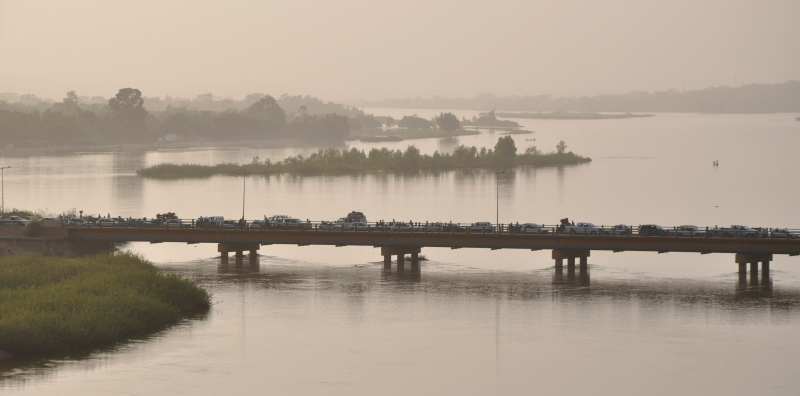
https://www.wikiwand.com/ 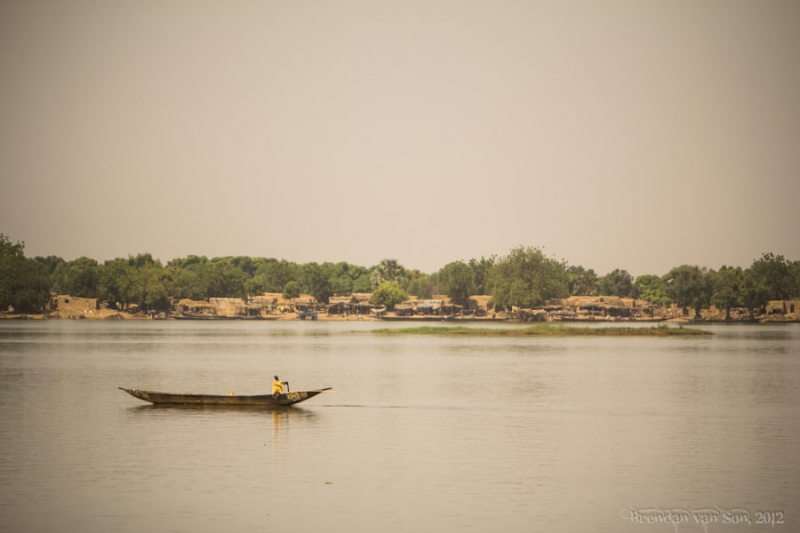
https://www.brendansadventures.com/ -
People frequently mix up these two countries due to their similar names. These two names are obviously perplexing, which is why some people are unfamiliar with African geography! These are two different adjacent countries with ties to the Niger River. There are many distinctions, but one of the most noticeable is the population. This is one of the things about Niger you should know before travelling.
Nigeria is a coastal country while Niger is a landlocked country. Furthermore, Nigeria is an Anglophone country (official language is English) while Niger is a Francophone country (official language is French). Niger, sometimes known as the Republic of Niger, is a West African republic named after the Niger River. Libya, Chad, Nigeria, Benin, Burkina Faso, Mali, and Algeria surround it on all sides. With a land size of about 1,270,000 square kilometers, Niger is the largest country in West Africa. However, the Sahara Desert covers nearly 80% of its land area. Nigeria, also known as the Federal Republic of Nigeria, is a country in West Africa bordered by Chad, Benin, Cameroon, and Niger. It is a coastal country that borders the Atlantic Ocean's Gulf of Guinea to the south. Nigeria is divided into 36 states and one Federal Capital Territory, with Abuja serving as the capital.
Before you leave, make sure you understand the differences to avoid any unwanted confusion when speaking with the natives!
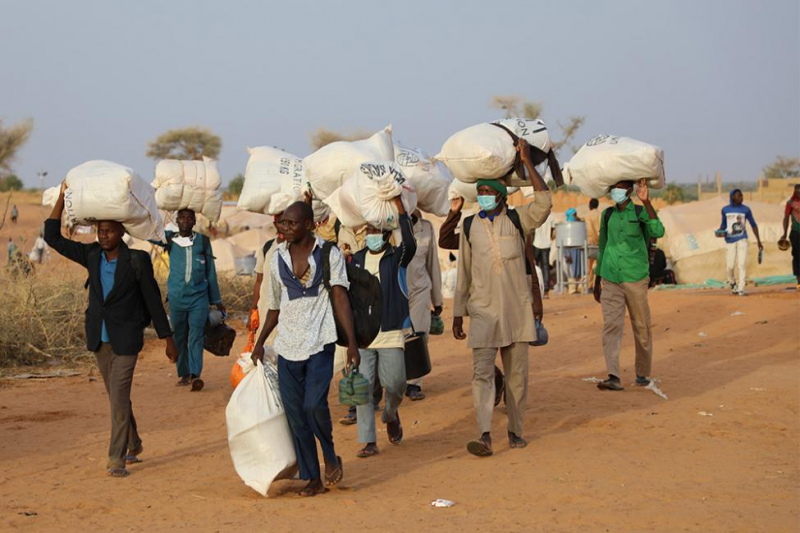
https://www.iom.int/ 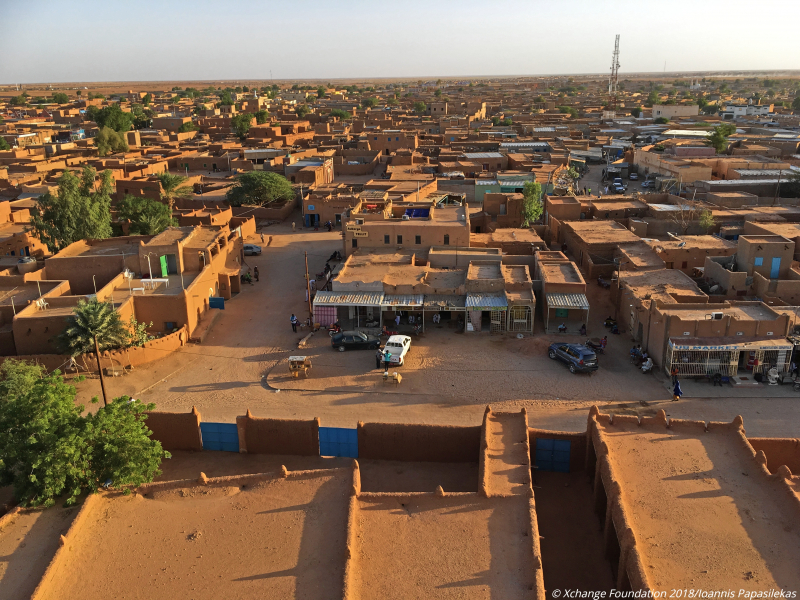
https://www.moas.eu/ -
The climate of Niger is primarily hot and dry, with significant desert land, resulting in regular fires in some areas. This is one of the things about Niger you should know before travelling. A tropical climate prevails on the outskirts of the Niger River basin in the far south. Desert plains and sand dunes dominate the landscape, with flat to rolling savanna in the south and hills in the north.
It is truly one of Africa's hottest countries. With that said, it may be called one of the world's hottest countries. Consider how much heat you can endure while planning your trip to Niger and book your flights appropriately.
There are two seasons in this country. The rainy season runs from June to September, with June and August seeing the most rain. The other is more convenient because it is the dry season, which is also cooler. It runs from September to May, but experts recommend visiting between December and February. If you aren't used to dealing with sandstorms, you should avoid November to prevent unpleasant encounters and reduced vision. Harmattan, a strong westward wind that transports dust from the Saharan dunes, may be encountered during this month.
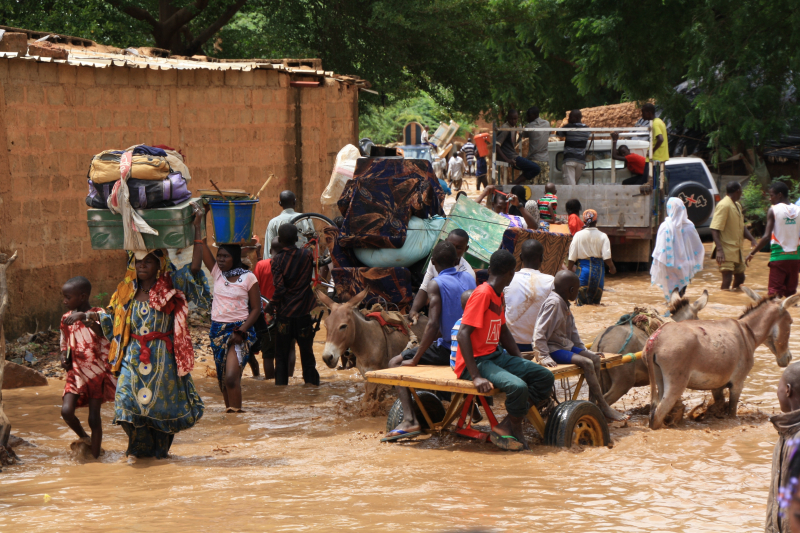
https://www.unocha.org/ 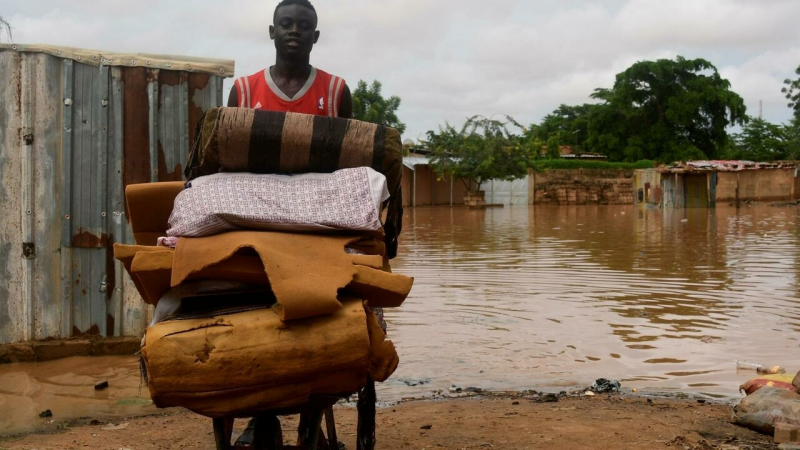
https://www.tellerreport.com/ -
Niger is an Islamic country, which is evident at every turn. The Grand Mosque in Agadez is one of the city's most famous landmarks. Agadez, originally Agadès, is Niger's fifth largest city, with a population of 110,497 people according to the 2012 census. It is the seat of the Agadez Region, and it is also the capital of Air, one of the original Tuareg–Berber federations. UNESCO has listed the town's historic center as a World Heritage Site.
Be surprised - it's unlike any other mosque you've ever seen! It is a solitary sand-colored triangular tower that rises above the city's flat skyline. The building is quite amazing since it appears to be a clay formation with wooden sticks protruding from the walls at first glance. It was first constructed in 1500 and subsequently reconstructed in 1800, but it continues to attract attention even now. You should also visit Agadez city to see the narrow lanes and mud-brick houses!
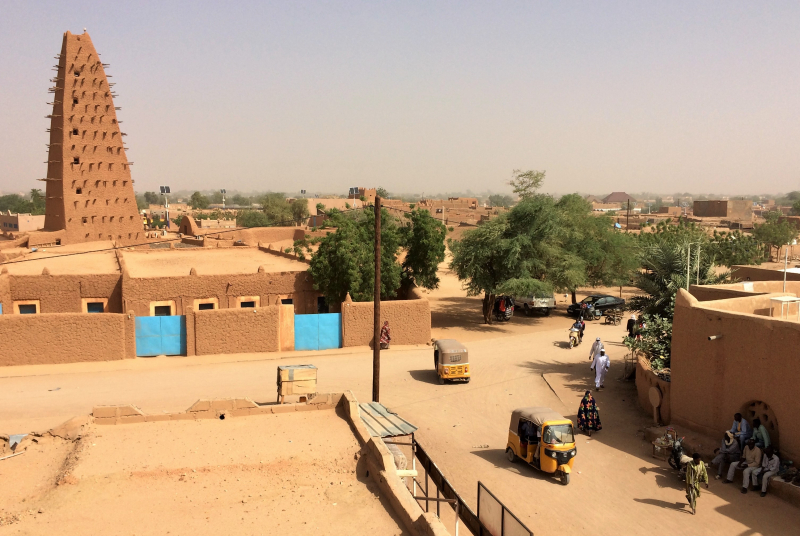
https://commons.wikimedia.org/ 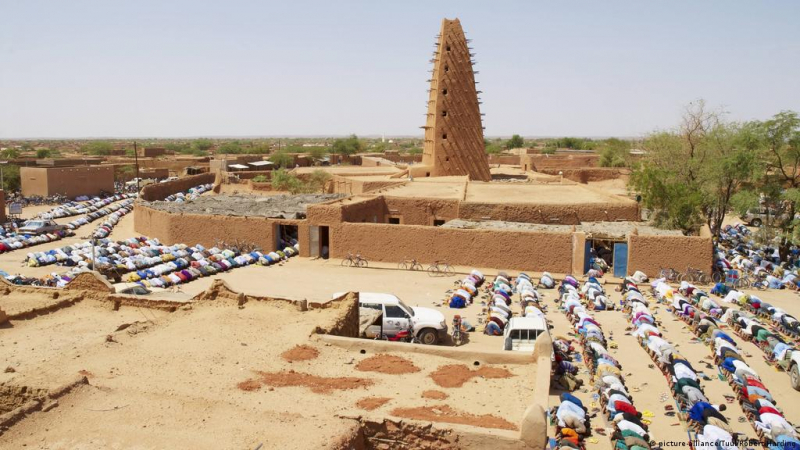
https://www.dw.com/ -
Aside from being one of the hottest places on the planet, every tourist should keep a few additional points in mind when packing. It's a country with virtually little tourist infrastructure, so expect the unexpected. This is one of the things about Niger you should know before travelling.
Take anything you might need to sterilize and keep yourself safe in addition to your own prescription prescriptions (hand sanitizer, bed net, etc.). It is also recommended that you bring a traveler's diarrhoea antibiotic and malaria prevention medicine with you. It's possible that insect repellent and water purifying tablets will save your life! Take into account everything sun-related, such as sunscreen, sunglasses, and a hat. Just make sure to see your doctor and conduct thorough research online - it's always better to be safe than sorry!
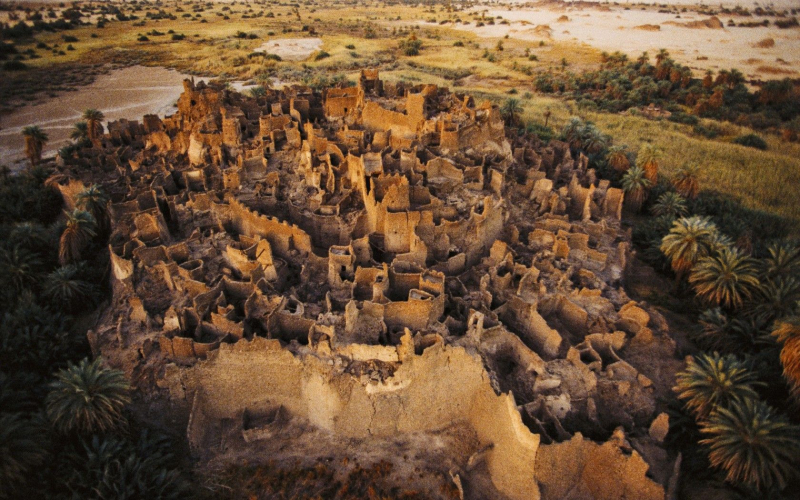
https://nl.pinterest.com/ 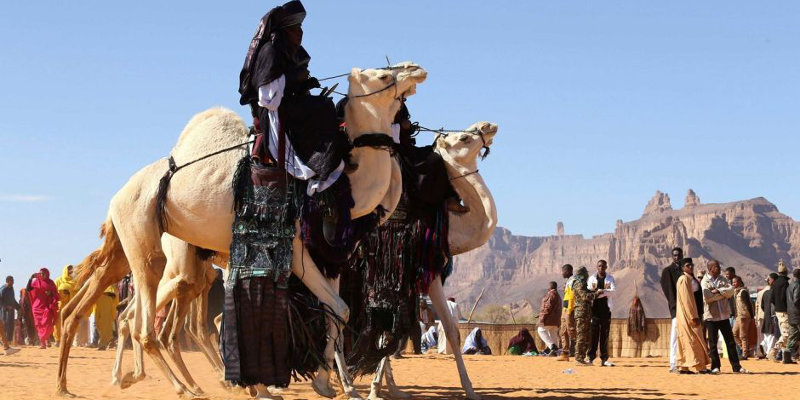
https://nigertravelandtours.com/ -
The Tree of Tenere was a landmark for a long time. It was the lone tree for more than 400 kilometers and was thus portrayed on maps as a true representation of nature's perseverance! It was an essential navigator because there was a freshwater well directly next to it, which was critical for travelers crossing the desert. This is one of the things about Niger you should know before travelling.
The Tree of Ténéré was said to be the most solitary tree on the earth for 300 years. The acacia was the lone tree for 250 miles in Niger's Sahara desert, and travelers and caravans going through the difficult terrain utilized it as a marker. The tree grew when the desert was marginally more favorable, and it served as the lone reminder of a once-greener Sahara for years.
It collapsed because of a ludicrous human flaw: a drunk motorist smashed the tree with his car in 1973. The branches and stem of the tree can now be seen in the Niger National Museum by anyone. While you're there, pay us a visit!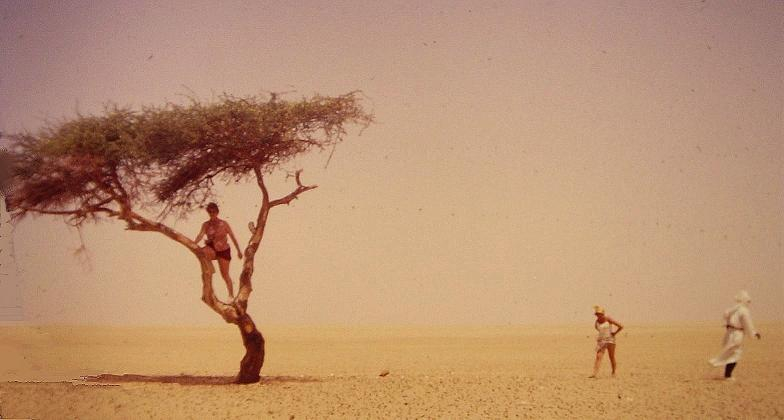
https://www.youmightfindyourself.com/ 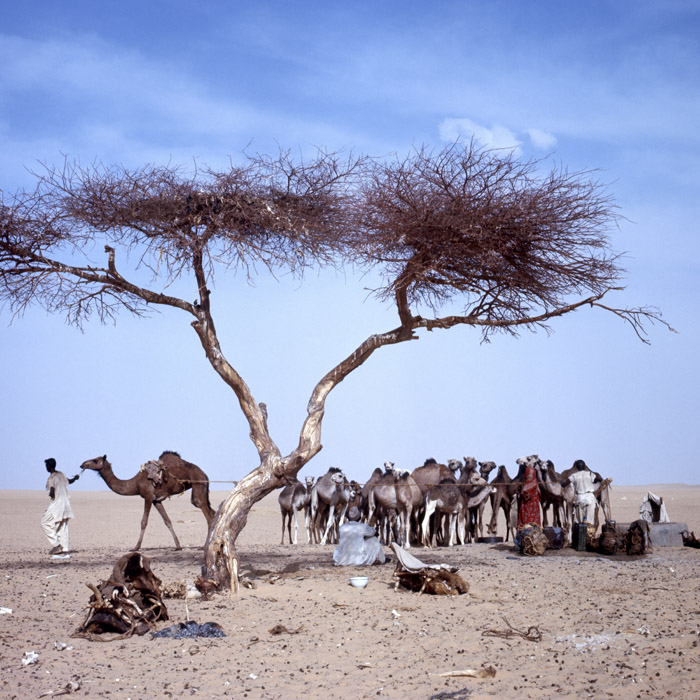
https://earthlymission.com/ -
Niger's food is influenced by traditional African cuisines. Various spices are employed in the meals, which include grilled meat, seasonal vegetables, salads, and a variety of sauces. In Niger, meals traditionally begin with a colorful salad made with fresh vegetables. Salads using moringa leaves are popular.
A starch (rice is the most common) is served with a sauce or stew in a typical Nigerien dinner. Millet and rice are the most often consumed carbohydrates. Millet, rice, cassava, sorghum, maize, and beans are staple foods. Couscous is a dish that is reserved for special occasions. Niger's popular foods include porridge, wheat dumplings, and beignets.
Plant agriculture production in Niger is heavily dependant on rainfall for water, and droughts have harmed the country's agriculture production in the past, posing a threat to the country's domestic food supply. In Niger, tea is a popular beverage.
Ginger, nutmeg, cinnamon, saffron, and cloves were among the spices brought to Niger by Arabian traders. Nigerien cuisine also incorporates hot spices. To add flavor to meats, spices are sometimes used to marinade them.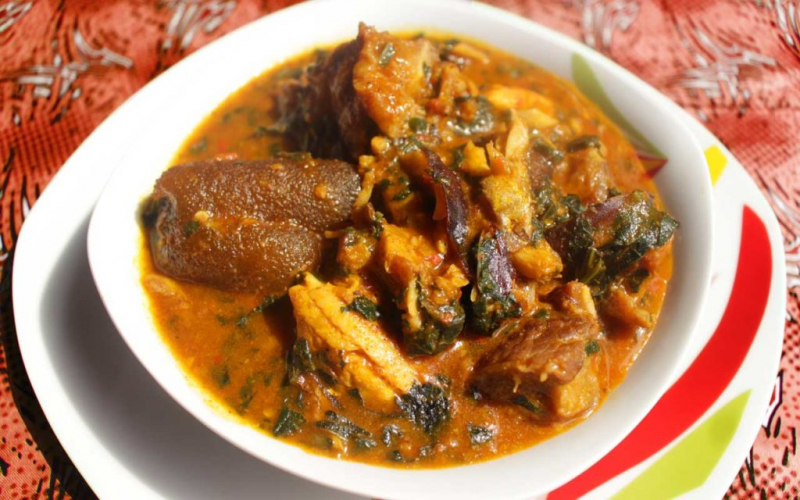
https://nomadparadise.com/ 
https://www.alamy.com/ -
The Cure Salée, or "Nomads' Festival," is a yearly meeting of Tuareg and Wodaabe peoples at Ingall, Niger's northernmost town. The ritual, which normally takes place in the last two weeks of September, commemorates the end of the rainy season. In the 1990s, the Niger government began funding the event, setting the date, duration (three days), and bringing in officials, performers, and tourists.
In the lives of Saharan pastoralists, the end of the wet season is a very significant event. Tuareg tribes congregate around Ingall's salt flats and pools to rehydrate their cattle and goat herds and prepare for the long journey south to survive the dry season. The locals are said to benefit from the Cure Salée, and medicinal remedies are a big element of the celebration. The Cure Salée, on the other hand, is equally as significant as a social gathering. Following a season of dispersed clan groups, there is an opportunity to communicate news, trade, and reestablish connections within and across ethnic lines.
Cure Salée is a time of traditional courting and marriage for Tuareg and Wodaabe peoples. The Wodaabe tradition of Gerewol is the most well-known picture of the festival, in which young men compete for the attention of women looking for brides. Men with traditional attire, headpiece, and extensive makeup compete in organized dances and talent tests.Women compete for the attention of marriageable males among the Tuareg peoples, while men of all ages demonstrate their abilities as horsemen, artists, dancers, musicians, and craftsmen. The celebration begins with a spectacular parade of Tuareg camel riders, followed by races, singing, dances, and storytelling. While the official festival lasts only three days, the celebrations can last weeks if nomadic tribes stay in the area. This is one of the things about Niger you should know before travelling.
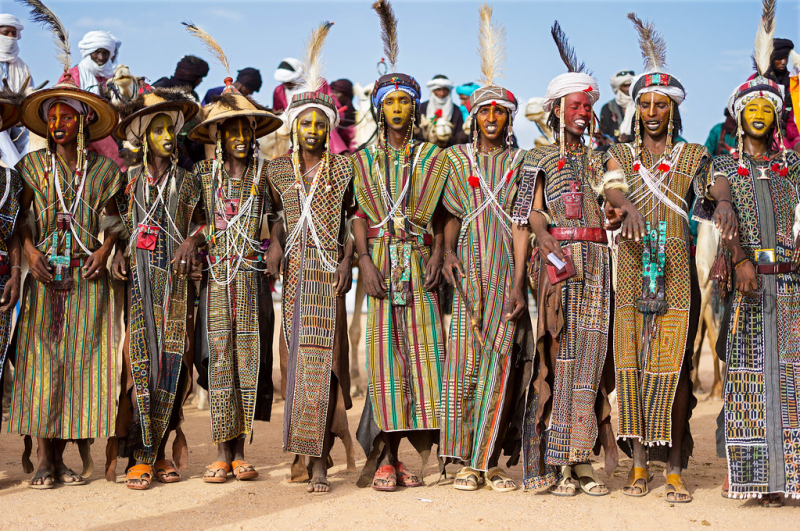
https://www.flickr.com/ 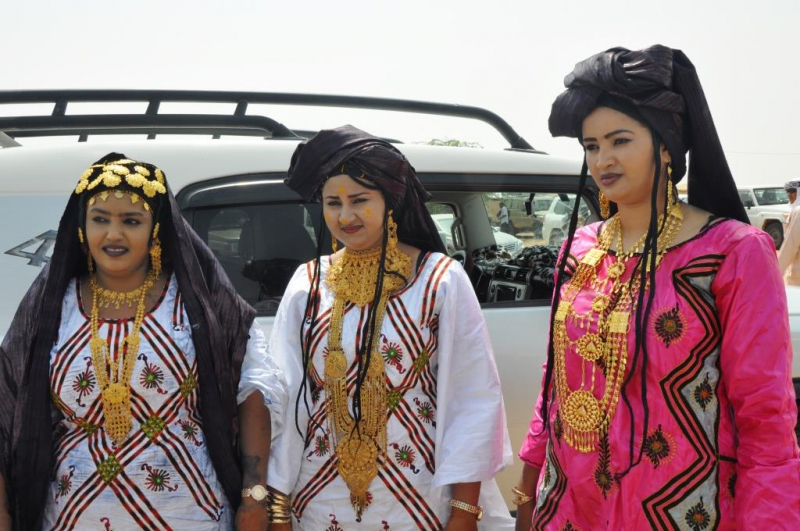
https://ne.usembassy.gov/ -
Niger is noted for its scorching heat and aridity, which deters many visitors. Temperatures can reach 113 degrees Fahrenheit between March and June (45C). For much of the year, this kind of heat makes desert travel miserable.
The average maximum temperature in Niger is between 87 and 105 degrees Fahrenheit (31C and 41C). The nights, on the other hand, are often cool or even frigid, with temperatures dropping below 68F (20C) in summer and winter; in the central and north-eastern sections of the country, temperatures can drop below 50F (10C).
The landscape of Niger is mostly desert plains and sand dunes, but the country's extreme south, on the verge of the Niger River Basin, is lusher and has a tropical climate. Rainfall is uncommon in the desert, but it rises in the south, where there is a brief rainy season from late May to September. The rainiest months are July and August.
The greatest time to visit Niger is between December and February, when the nation is at its coolest and driest. Travelers should take precautions to protect themselves from the sun and heat, and they should stay hydrated at all times.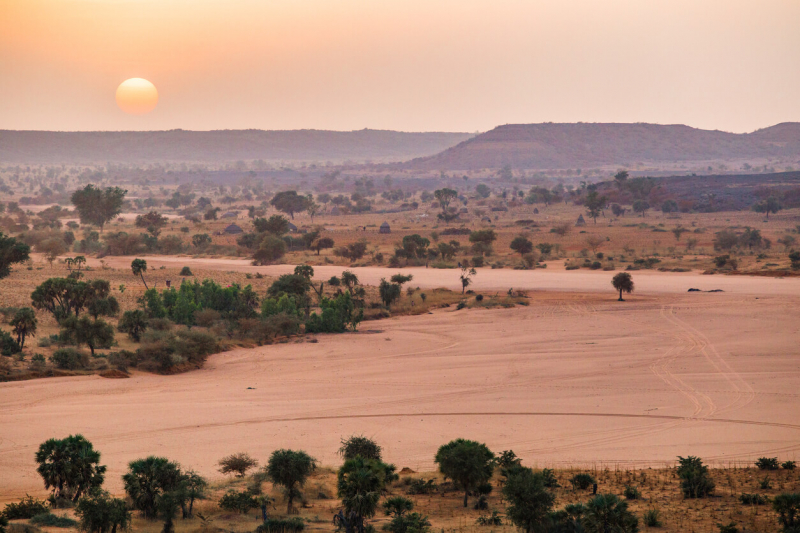
https://www.whereandwhen.net/ 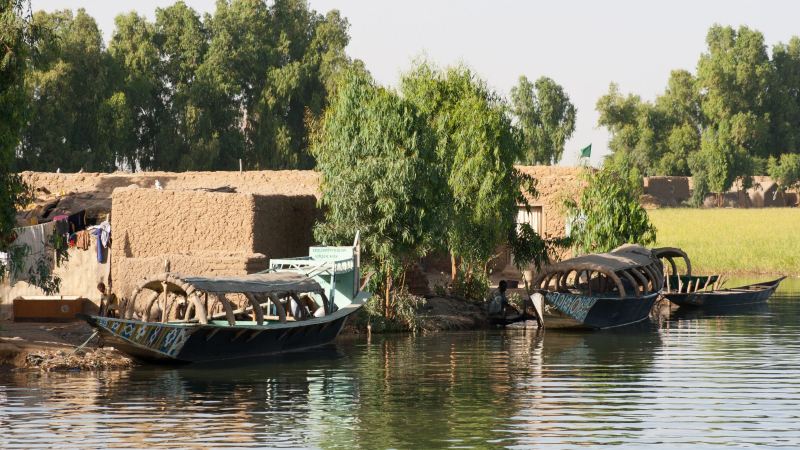
https://www.besttimetovisit.com.pk/











